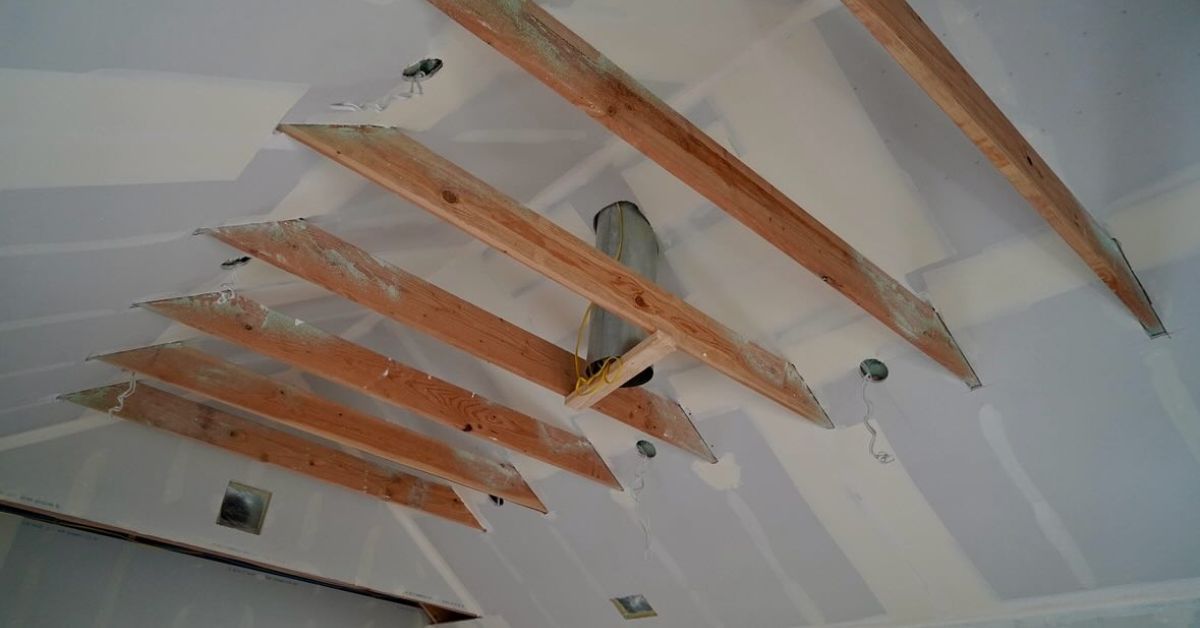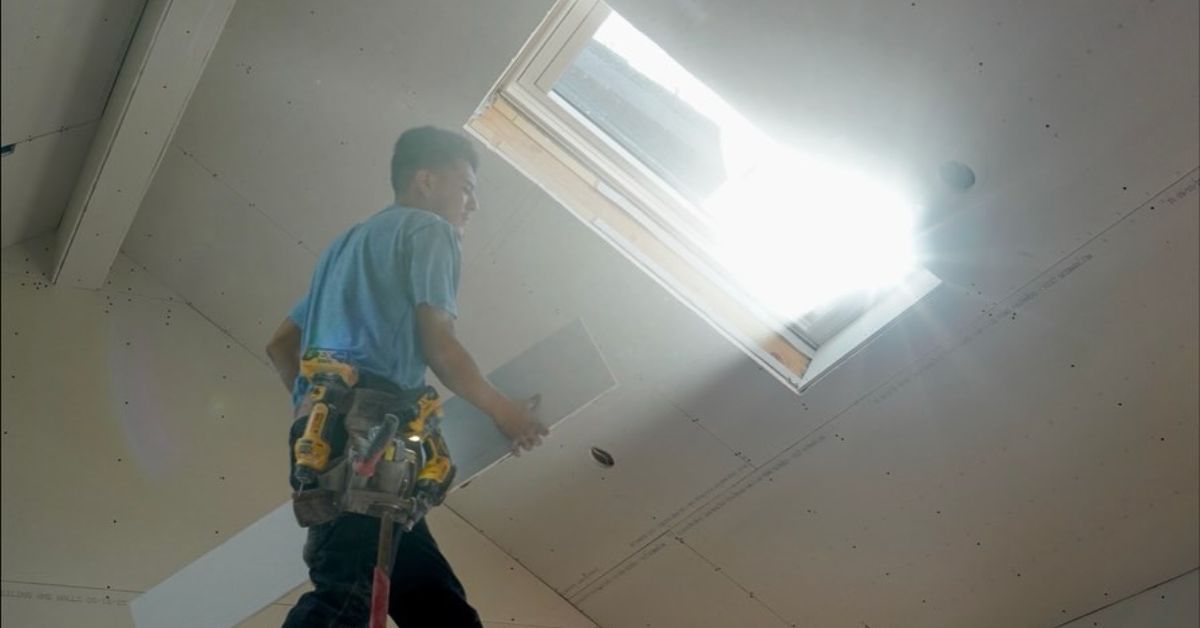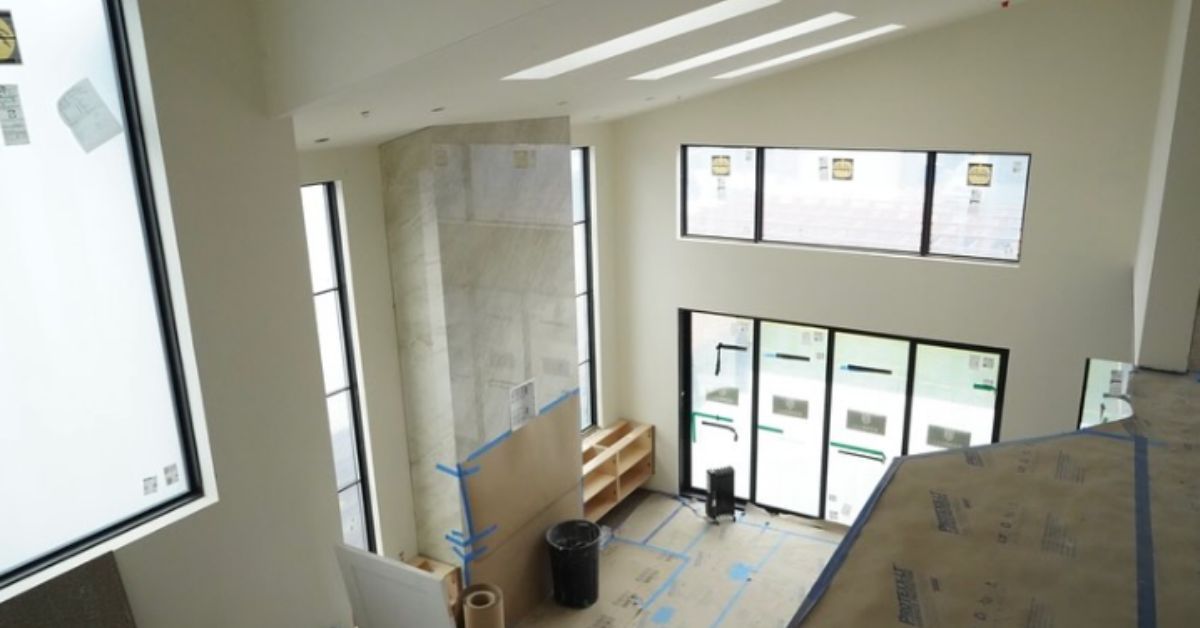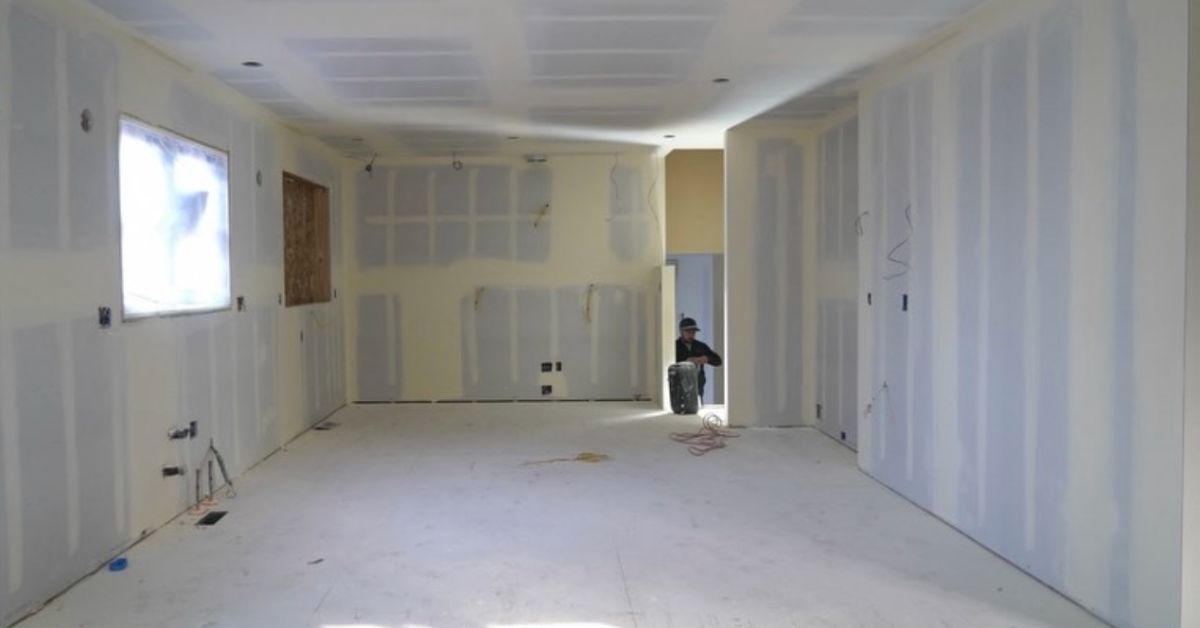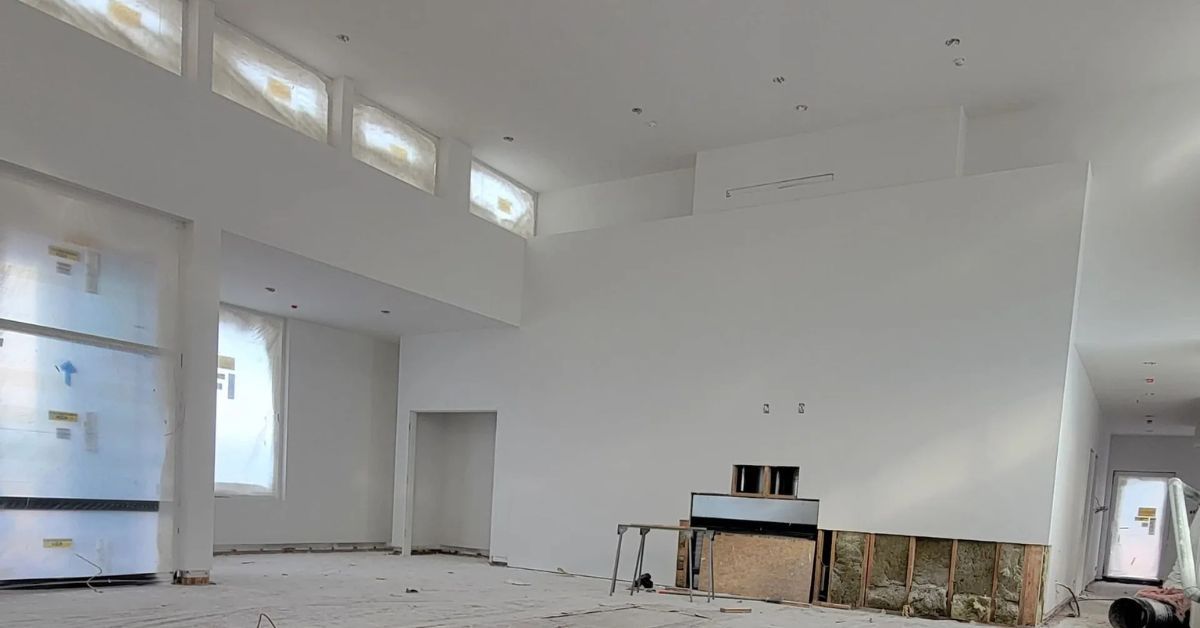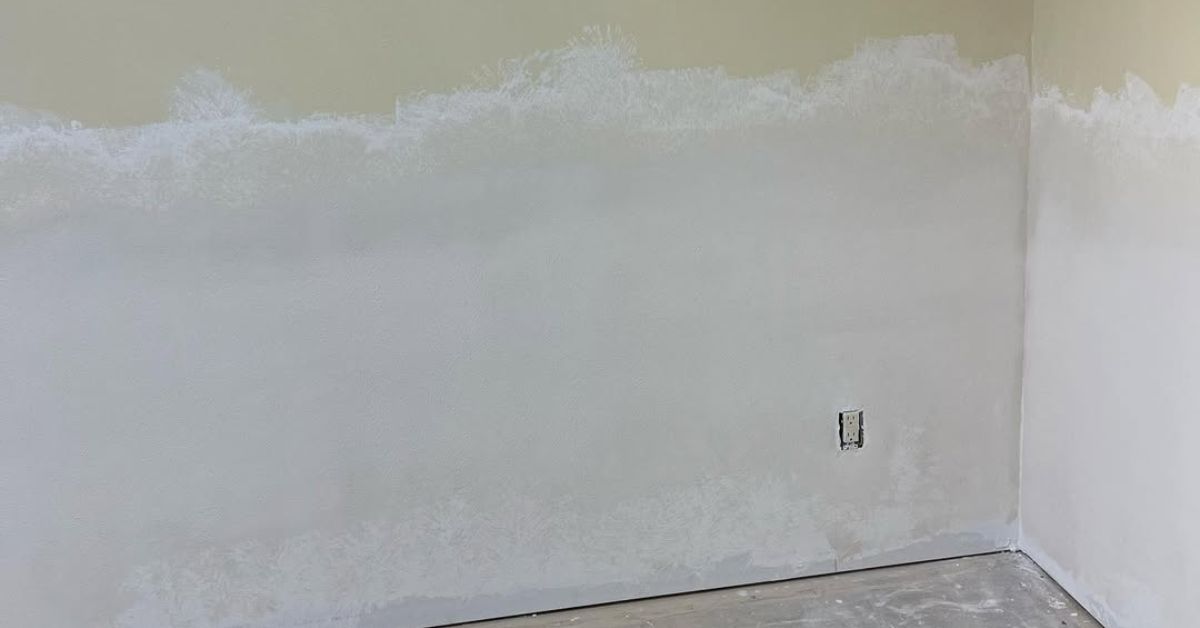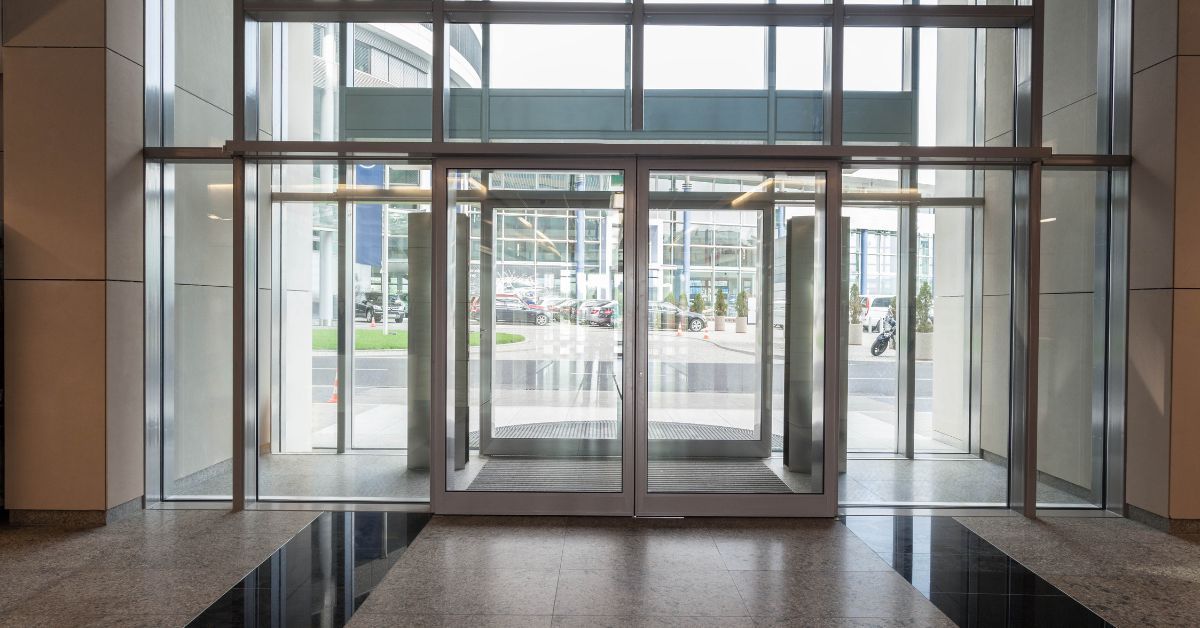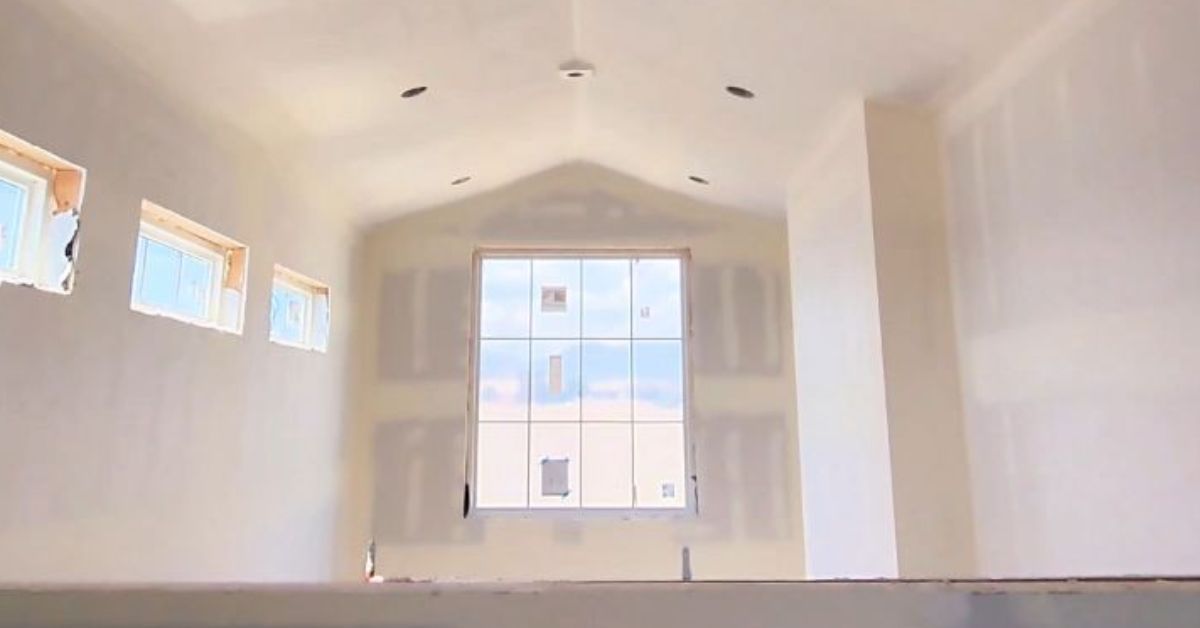Residentials vs. Commercial Drywall Services
Many property owners utilize drywall installations to insulate, protect, and expand their buildings in effective and affordable ways. Depending on the site, however, your next project may need to abide by specific health and safety regulations for a compliant installation.
Learn the benefits and challenges of residential versus commercial drywall services to determine which installation best suits your property’s needs.
Key Differences Between Residential and Commercial Drywall Services
By working with an experienced drywall service provider, property owners can rest assured knowing that their projects will meet their specific challenges with precision and expertise. Here’s how to determine which type of service applies to your property.
Project Scope and Scale
Residential drywall installations typically focus on private living spaces, which may involve restoring a family room or converting an unfinished basement into a functional area. These projects prioritize creating a comfortable and visually appealing environment tailored to the personal style of the homeowner.
Commercial drywall projects operate on a much larger scale. Expansive office spaces, retail locations, and warehouses require slightly different materials, measurements, and a large-scale strategic approach to accommodate their size and functionality.
Material Selection
Homeowners often seek lightweight, cost-effective materials that they can customize to suit their specific design preferences. For example, these projects may include soundproofing for a nursery or textured finishes against an accent wall.
Commercial properties focus on durability and safety to meet local regulations. Materials such as fire-resistant and high-performance drywall are often necessary to comply with guidelines and withstand wear and tear from staff and customers.
Labor and Timeline
Residential projects generally involve smaller teams and shorter timelines, making it easier to complete projects quickly and meet the homeowner’s expectations. These jobs often emphasize meticulous craftsmanship, particularly when dealing with custom finishes or unique architectural details.
Conversely, commercial installations require large teams capable of managing the complexity of extensive layouts and stricter deadlines. Coordinating such efforts often demands careful project management to execute tasks efficiently.
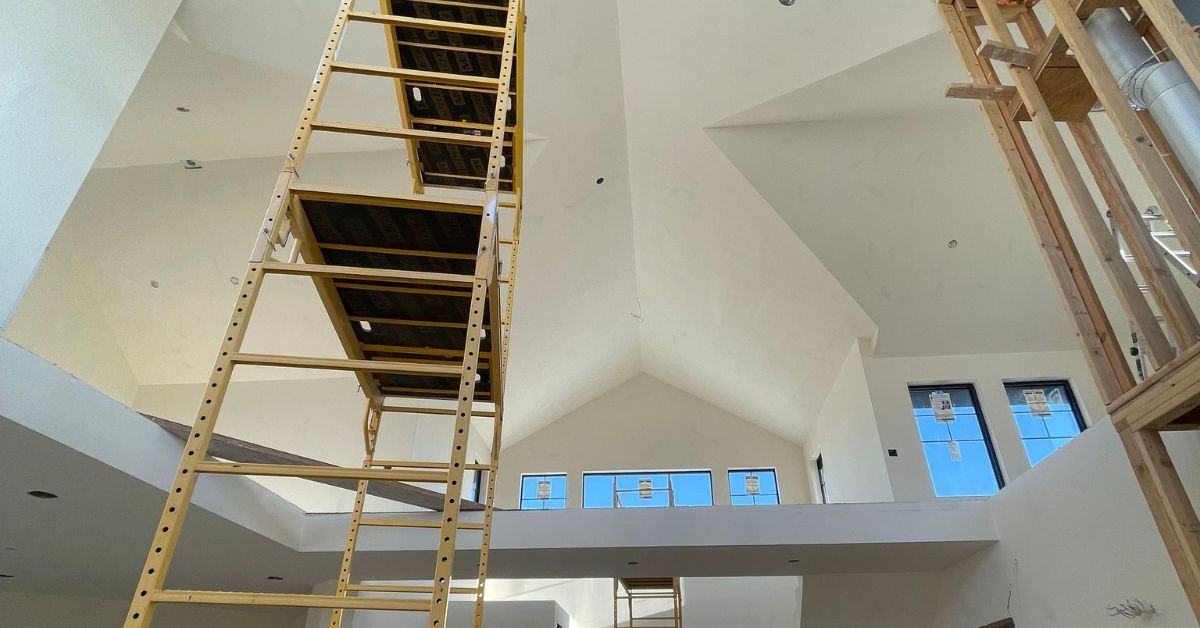
Residential Drywall Installation Challenges
Working within residential properties often presents unique spatial challenges. Narrow hallways, tight corners, and architectural quirks in homes can complicate the installation process.
Older buildings, for example, may have uneven surfaces that require additional preparation before drywall installation. Professional contractors rely on precise measurements and specialized tools, such as adjustable scaffolding, to fit drywall seamlessly and maintain the home’s structural integrity.
Meeting Customization Needs
Customization and personalization allow homeowners to adjust their drywall installation to fit specific designs. Fulfilling these needs depends on a combination of skilled workmanship and a wide selection of materials.
Experienced drywall teams collaborate closely with clients to offer recommendations and practical solutions that align with the homeowner’s aesthetic preferences and budget. They provide detailed recommendations for materials and designs, such as choosing smooth finishes for contemporary styles. This way, the drywall installation perfectly aligns with the homeowner’s vision.
Minimizing Disruptions During Installation
Home improvements often take place while families continue their daily routines. Construction noise and dust can create discomfort, but careful planning helps mitigate these challenges.
To address these concerns, contractors may use methods such as wet sanding to control dust and install temporary dust barriers to keep the worksite contained. Clear, frequent communication keeps everyone informed of the drywall installation schedule.
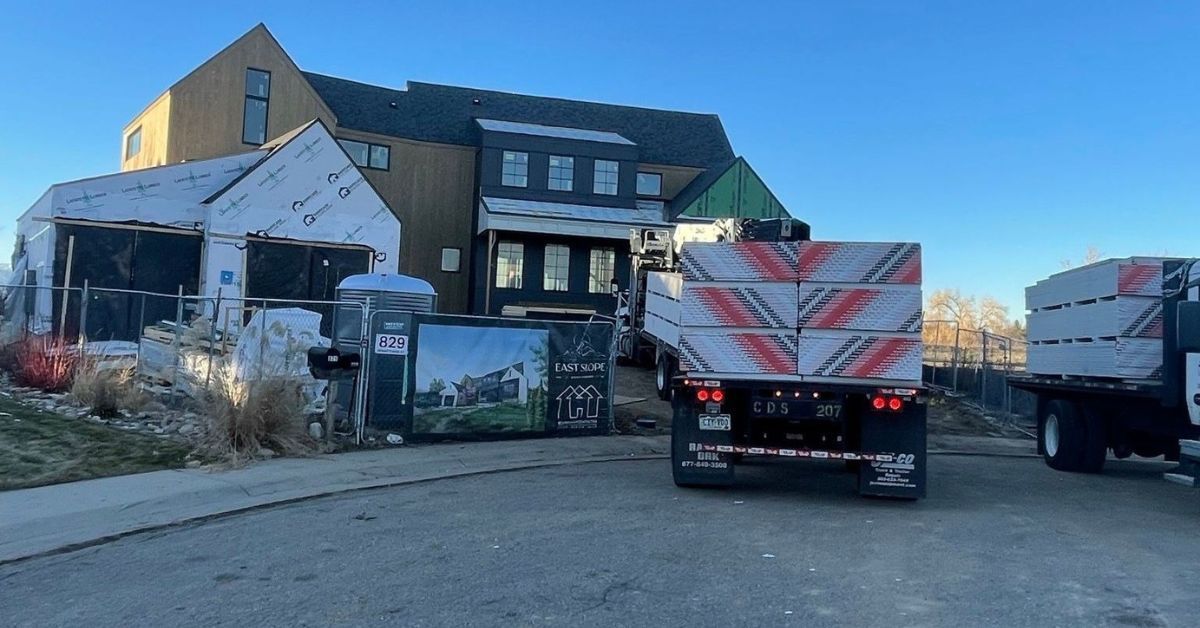
Challenges in Commercial Drywall Projects
Commercial properties must comply with strict building codes and safety regulations, which can vary depending on the location and type of business. From fire-resistant drywall to moisture-resistant panels in humid areas, meeting these standards guarantees the safety of employees and customers. Installers must stay up-to-date on local regulations and use approved materials to deliver compliant installations that reduce risks and create safer environments for everyone.
Managing Large-Scale Projects
Commercial drywall installations might include offices, storage facilities, or retail businesses, all requiring precise coordination to stay on schedule. Installers rely on detailed project plans and large, skilled teams to manage extensive layouts efficiently. They prioritize phased installations and focus on specific sections of the site at a time to keep operations running smoothly and meet tight deadlines.
Ensuring Durability for High-Traffic Areas
Unlike residential spaces, commercial properties endure heavier usage and frequent foot-traffic. For instance, warehouses and retail stores benefit from sturdy drywall that can withstand bumps, scratches, and other wear.
In these scenarios, installers often recommend high-performance materials such as impact-resistant drywall or reinforced panels to extend the lifespan of walls and ceilings. These solutions reduce the need for frequent repairs and provide a polished and professional appearance over time.
Choosing the Right Drywall Service Provider
Selecting the right provider for residential or commercial drywall services requires careful consideration of their expertise, regardless of what kind of property you own. By partnering with an experienced, specialized, and communicative installer, you can finalize your project and know that it satisfies local regulations and your personal needs.
Evaluating Experience and Expertise
Providers with a proven history in residential or commercial drywall installation will handle the unique demands of your project. For example, an experienced team can quickly address uneven surfaces in older homes or recommend industry-approved materials for a large-scale commercial build. Their expertise aligns the installation process with your expectations.
Understanding Their Specialization
Residential specialists focus on detail-oriented work, such as creating seamless finishes that enhance a home’s aesthetic. On the other hand, commercial drywall contractors bring the skills necessary to tackle large, high-traffic spaces. Choosing a provider who excels in your specific project type minimizes potential challenges and offers high-quality results.
Importance of Clear Communication
A reliable service provider keeps clients informed at every stage, from initial consultations to final walkthroughs. Look for installers who listen to your goals, provide transparent estimates, and clearly explain how they will address challenges. This proactive approach fosters trust and accurately brings your vision to life.
Checking Reviews and Recommendations
Customer feedback offers valuable insights into an installer’s professionalism and reliability. Reading online reviews or requesting references from previous clients can give you a clear picture of their workmanship and customer service. Pay attention to comments about their punctuality, problem-solving skills, and ability to meet deadlines.
Finding a company that specializes in residential drywall installation will ensure that your next home renovation project runs smoothly and accounts for all materials and services. Rival Drywall can produce high-quality results and walk you through the process. Partner with our team today to professionally replace or install new structures on your property with ease.

